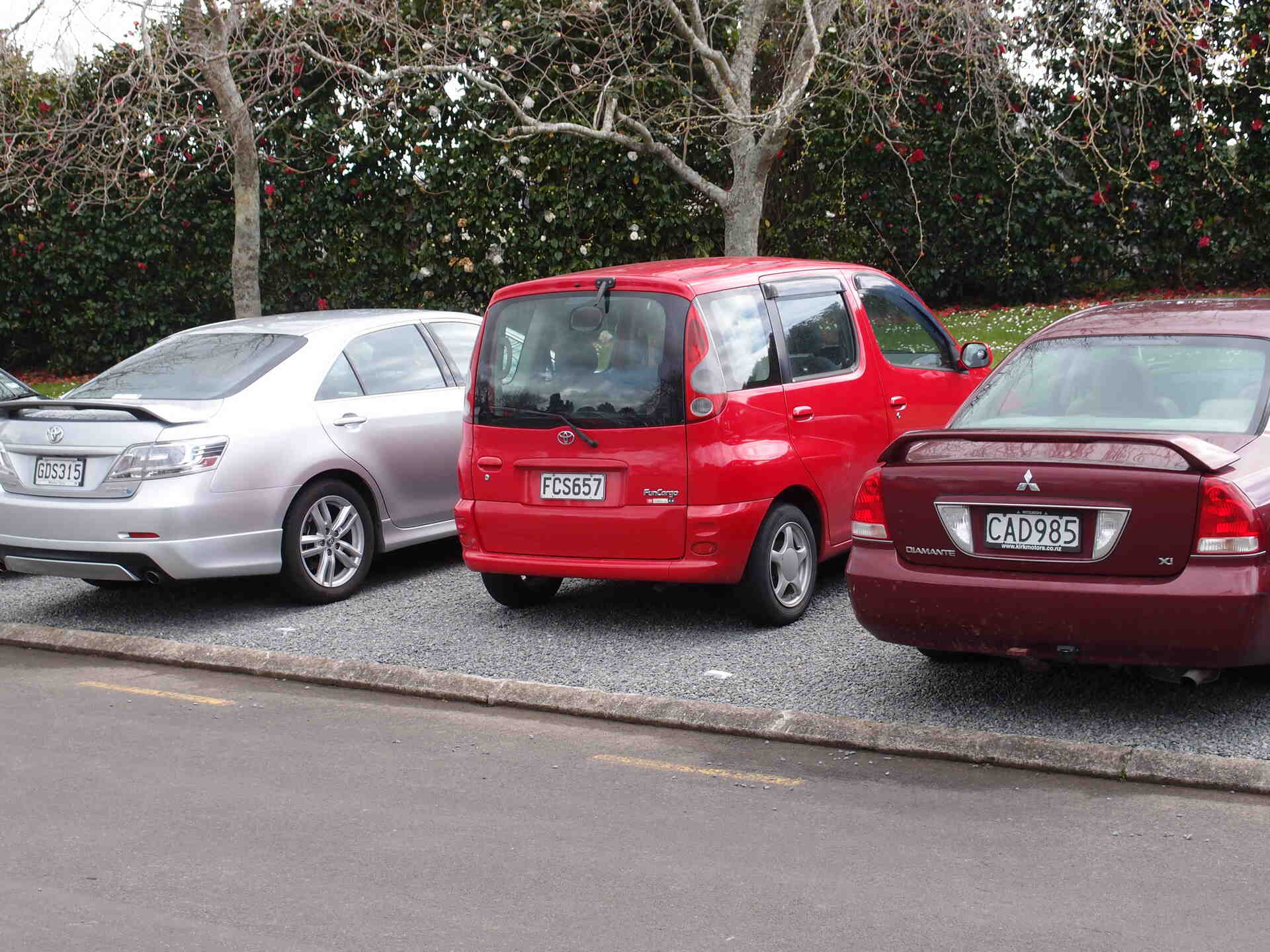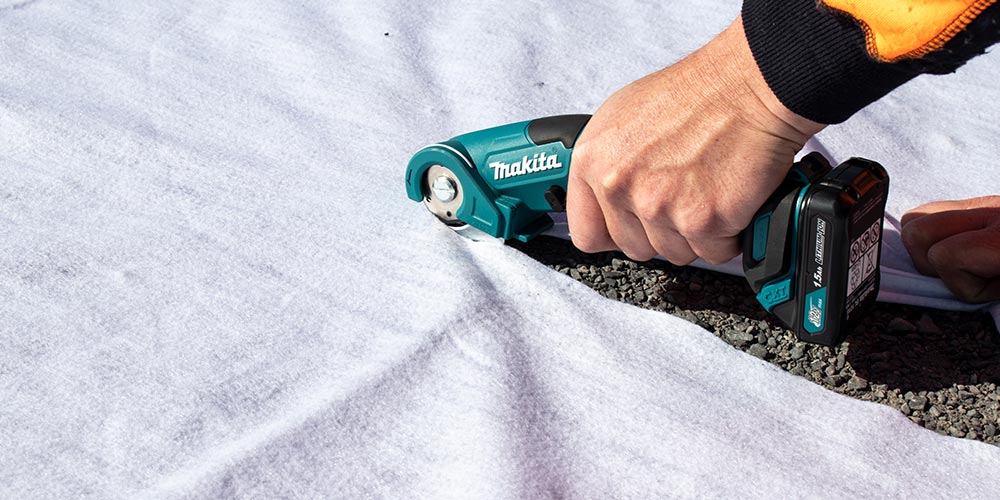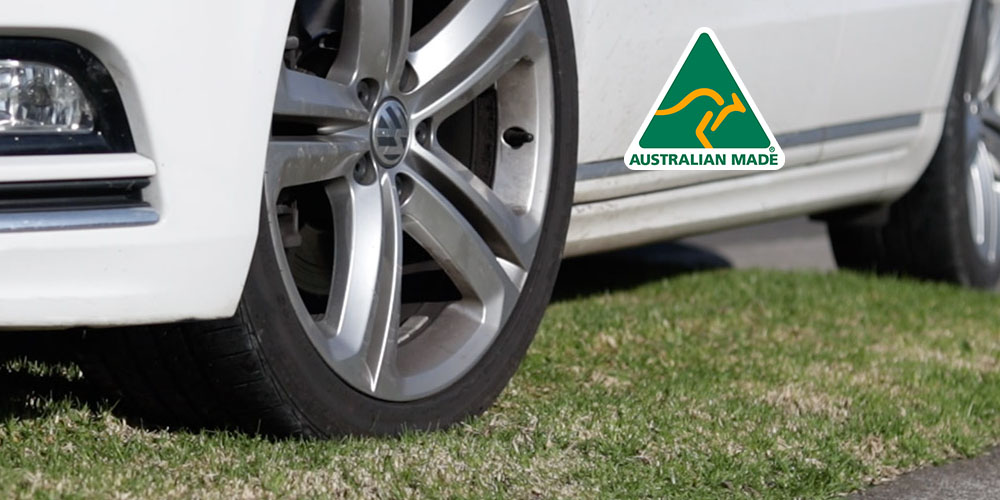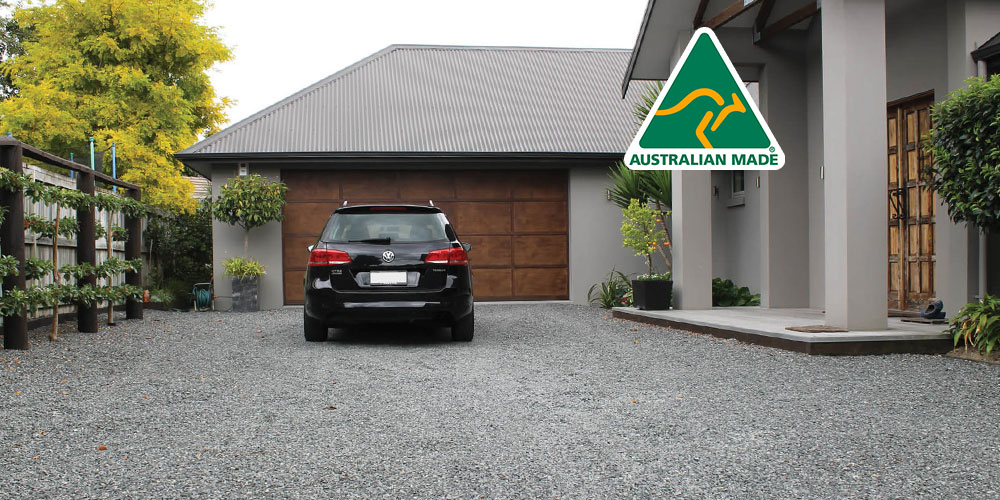Access and parking facilities are one of the first physical impressions of your business a customer gets. A dry, well maintained and easily accessed parking area means customers are not only likely to visit, but they are also more likely to return.
When developing or redeveloping new commercial land, it is important to carefully consider and design the right car parking facilities for your trade and consumer customers. This not only includes creating a functional and serviceable layout specific to your business requirements, but also incorporating a sustainable surface material that can handle all kinds of weather and, if applicable, heavy traffic usage without degradation or requiring regular maintenance and repair. You’re creating usable land for your customers, but a poor job done quickly just to get you up and running will cost you in the long run, so it’s important to incorporate your parking and driveway requirements into your initial development design.
Things to consider
The first thing to consider is the purpose of your carpark, driveway and access areas. Understanding who your customers are and what their needs are is a major step in creating the right kind of carparking facilities for your business.

To help you do this, just ask yourself the following questions, and any others that may be pertinent to your requirements.
- Who will be using the area?
– Consumer customers
– Trade vehicles
– Heavy or large delivery vehicles
– Service vehicles (rubbish collectors, for example)
- Why are they using the carpark area?
– Customer parking only
– Delivery/pick up of trade goods
– Storage of goods
– Long term parking (buses, boats, caravans etc)
- What facilities are required?
– Dry pathways to your store
– Large turning circles for heavy traffic
– Stable surfaces for trolleys
– Wheelchair access
– Drainage
- What conditions will affect your car parking facilities?
– Extreme wet weather (that may leave puddling)
– Hot sun (that could melt asphalt)
– Heavy, turning traffic (that may create rutting and potholes)
– Slopes and excess water runoff (that can cause scouring)
Once you have a clear idea of the purpose of your carpark, driveway and access areas, you’re ready for the next consideration…
Design
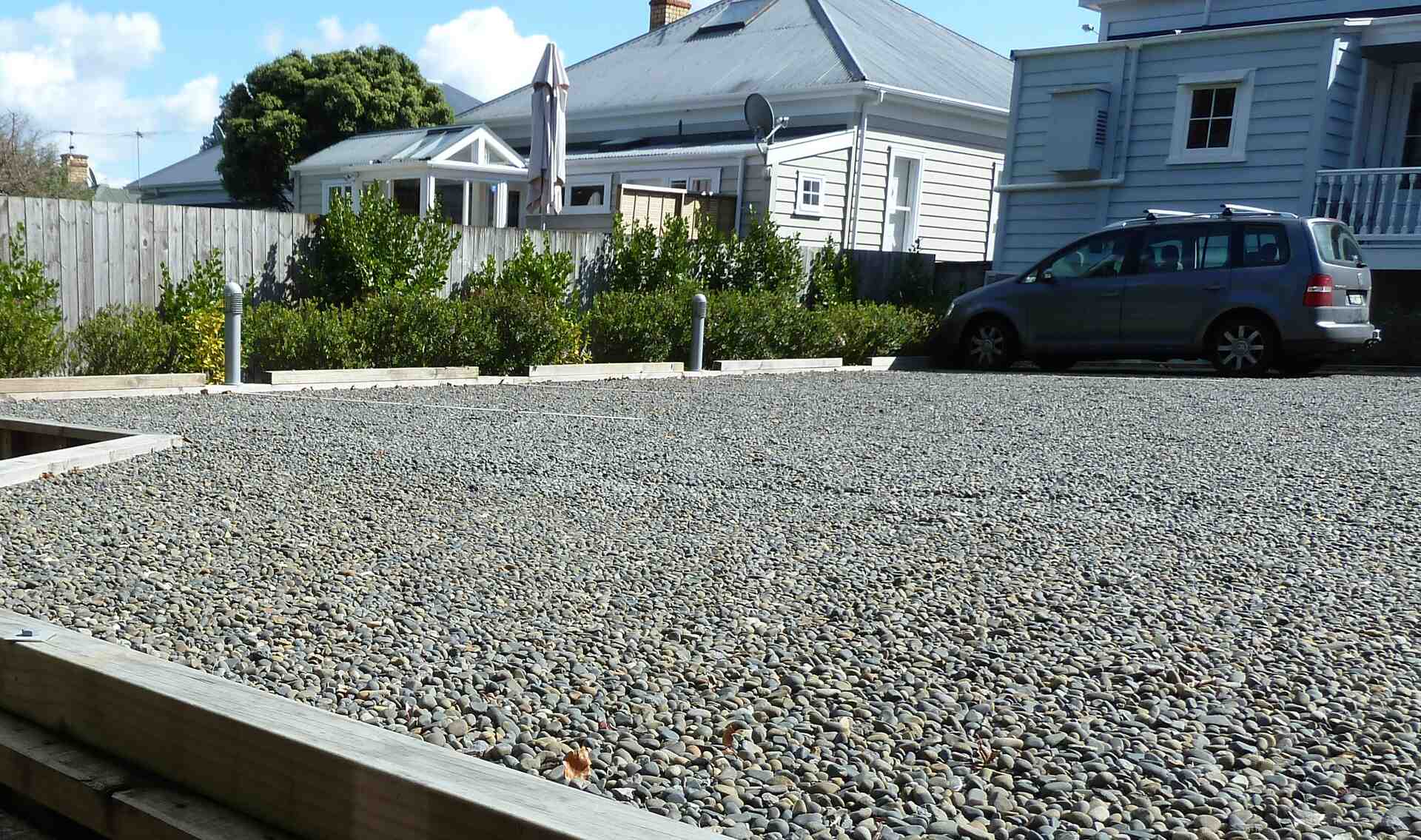
After carefully considering your customers’ needs, a well-designed layout will effectively provide a functional platform to meet those needs. You’ll probably be requiring the help of a commercial landscape designer or engineer, but here are a few things to consider. While looking at layout elements such as the size of carparks, turning areas, loading bays, pathways and disability access as well as general traffic flow, you’ll also need to consider drainage and excess water runoff, as these are elements that tackle future maintenance issues like rutting and pothole prevention. To best do this, we next need to look at the correct surface material for your carpark, driveway and access areas.
Choosing the right surface material for your business car park
Traditionally, carparking areas are made from hard materials such as concrete or asphalt, but there are more natural, free draining options that can provide more cost effective and maintenance free, alternative long-term solutions. Depending on your requirements, stabilised stone, gravel or even grass might be a better option, so let’s look at the pros and cons of each, and understand what works best for you, remembering that you may even consider a combination of different materials to create interesting layouts and functional designs.
As always, when installing any of the surfaces below, we recommend laying a soil separation layer of geotextile between the base course and the aggregate layer, to help prevent potholes forming due to any subsoil erosion.
Asphalt
Considered the cheaper of the ‘hard surfaces’ depending on the carpark size, asphalt can be a good medium-term solution. Asphalt creates a hard, smooth surface when first laid. Its dark colour makes line marking easy to see. It is easy to lay and is fast curing, meaning it can be driven on within a day.
However, asphalt can be susceptible to bleeding in high temperatures. As it softens, grooves and ruts form when driven or parked on. It is not porous, which means excess water stays on the surface. As water pools, it seeps into microfractures. This undermines the layer below, making it prone to cracking and forming potholes, which means it deteriorates almost twice as fast as concrete. As it’s not free draining, excess water does not disperse into the soil and can add to stormwater infrastructure issues.
Concrete
Concrete is the more durable of the two ‘hard surfaces’. It can be more expensive than asphalt but should last longer without requiring maintenance. Concrete creates a hard, smooth surface, suitable for light and heavy traffic.
As with asphalt, concrete is not porous or free draining. Excess water will simply runoff, creating issues for stormwater systems. Concrete also emits CO2, which isn’t great if you’re looking for a sustainable, eco-friendly solution.
Permeable Solutions
Gravel, pebbles and stones
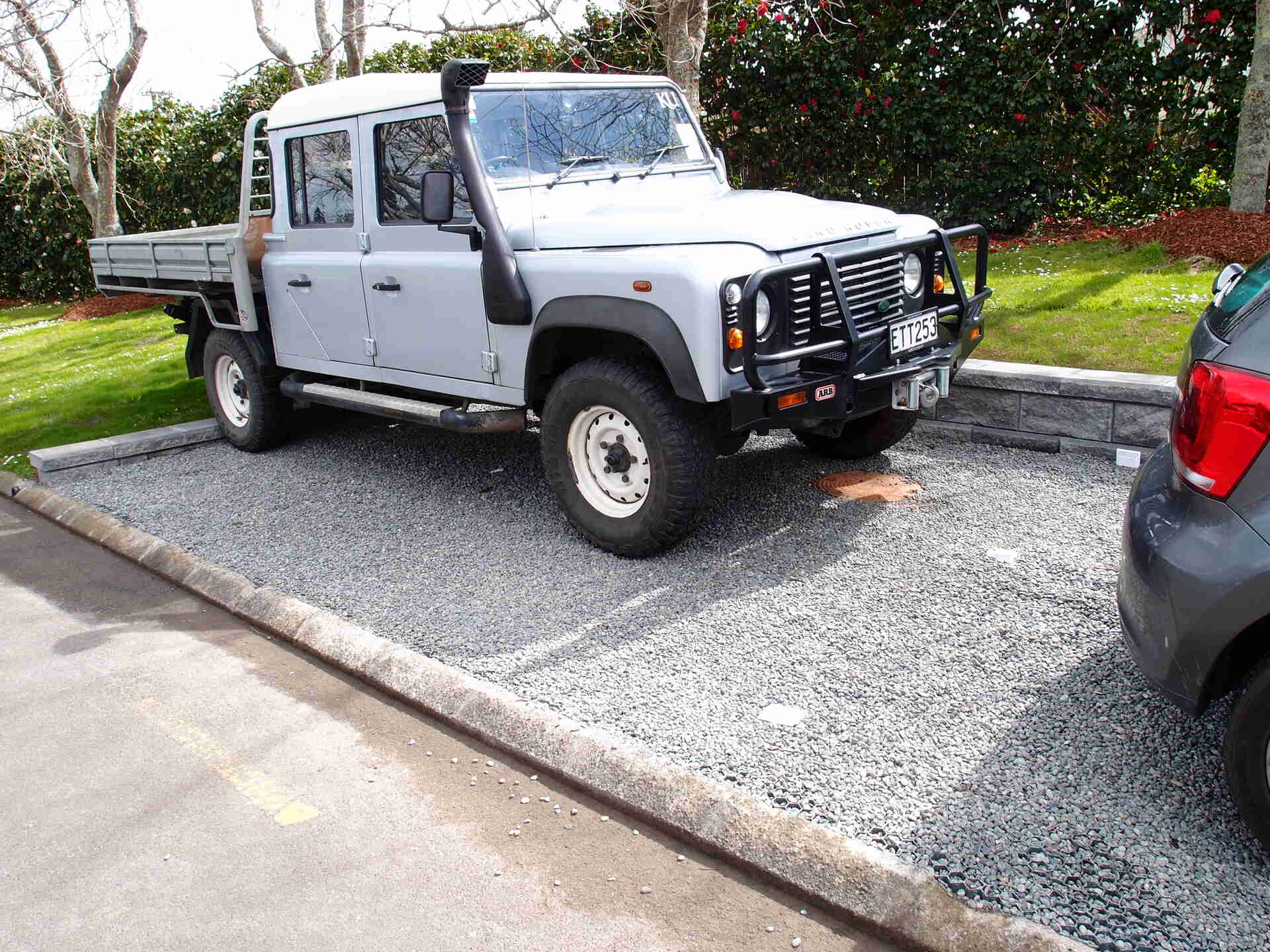
Gravel is possibly the cheapest alternative when it comes to carpark areas. While gravel areas suit larger, industrial outdoor car parks and long term parking areas for heavy vehicles, areas with smaller pebbles or decorative stones can create refined parking bays while still maintaining all the benefits of a ‘hard surface’. The added bonus is that these surfaces are permeable, and by installing them using SurePave for Gravel, they’re better at managing waterflow while being more resistant to potholes and rutting.
Grass
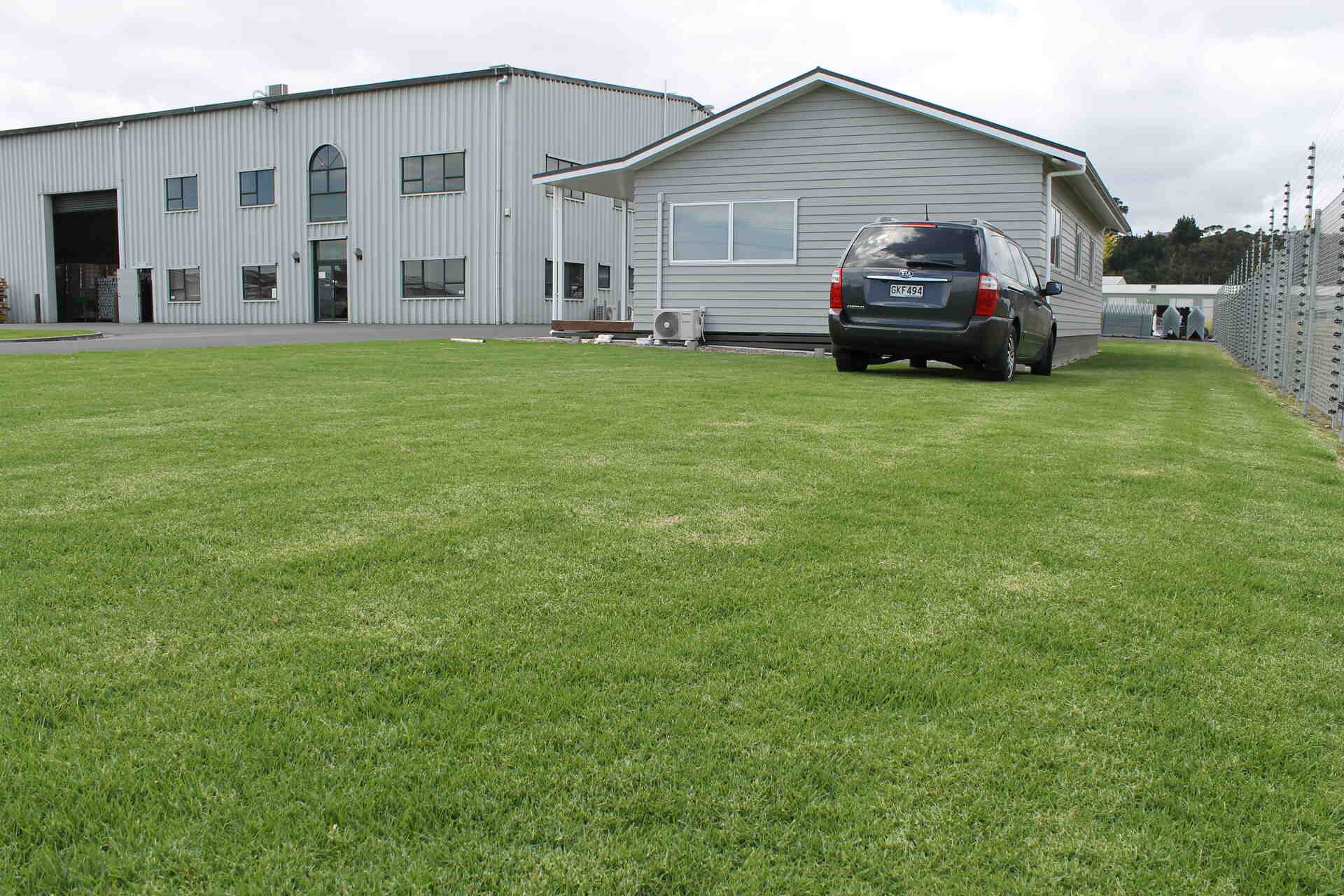
Like gravel, grass can be an aesthetically pleasing alternative to concrete and asphalt, especially for rural parking areas or overflow parking on golf courses or residential grounds. Left on its own, grassed areas can become muddy, vehicles leave tire and rutting marks, and they can remain over saturated when wet. But by installing SurePave for Grass panels beneath the surface then laying grass on top, you can create a solid platform that will keep relatively dry in all weather conditions. The surface area acts like a hard surface, which can be driven on straight away. It won’t rut, because SurePave for Grass helps lock the grass roots in place, keeping them healthier and stronger. It can even be used on slopes up to 10°. And because it’s permeable, it will naturally allow rainwater to soak into the surrounding soil. During extreme weather events, it will also evenly direct excess water into stormwater drains, all while keeping the surface area dry.
The SurePave Advantage
SurePave is a permeable paving solution that stabilises gravel and reinforces grassed areas, giving you an effective ‘hard surface’ while using a natural, ecologically responsible surface material.
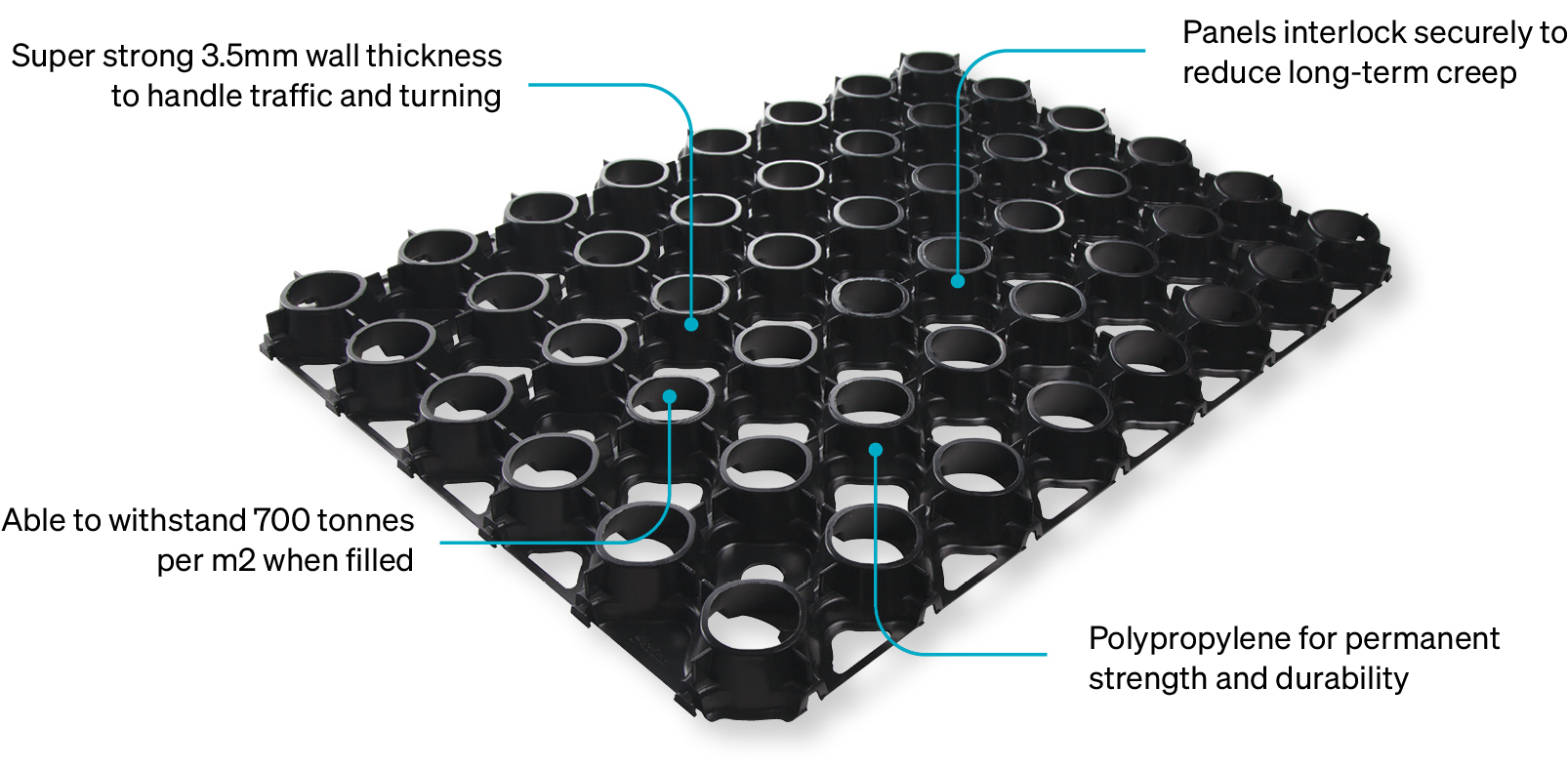
The main advantages of using SurePave is that your carpark, driveway and access areas remain:
- Permeable – they will stay dry and usable all year round
- Pothole free – when installed correctly using geotextile, the reinforced soil layers combined with the SurePave panels will prevent potholes from forming, giving you a flat, stable surface
- Natural – whether it’s grass or gravel, you’ll have an environmentally responsible paving solution that acts just like a hard surface
SurePave panels are made from 100% recycled and recyclable plastic, which can easily be cut to fit any shape or curve. They can withstand heavy traffic use, making them ideal for a multitude of uses. Grass or gravel solutions can be used on their own, or in conjunction with other materials to create different landscape designs. Porous and free draining, SurePave gravel and grass pavers also easily allow water absorption, creating safe, functional, natural, and attractive permeable paving surfaces.
- Locks gravel, pebbles or stones in place
- Gives a more stable platform than loose gravel
- Is suitable for heavy vehicle use
- Is permeable. Water soaks through the surface and disperses into the ground, meaning better dispersion during storm events, creating less flooding
- Creates a dry, even and stable surface area all-year-round, no matter the weather
- The recycled plastic honeycomb mats help keep the surface pothole free
- Is easily maintained, just rake any loose stones or pebbles back into place
- Can be filled with small pebbles so your area can be used with bikes and wheelchairs
- Creates a dry, stable grassed surface, suitable for use all-year-round
- Protects grass roots, maintaining a healthier grassed area
- Can be driven on, even with heavy vehicles
- Is permeable. Water dissipates naturally into the surrounding soil, supporting local plant life
- Gives a completely natural look to your carparking area
- Can be mown as normal
SurePave installation
Our easy-to-follow installation guide will give you all the tips and tricks you’ll need to create a natural, permeable paving solution.
Commercial car parking ideas for SurePave
By using SurePave for Gravel and SurePave for Grass on their own, you can create stunning, natural, permeable paving solutions, but by combining these surface materials, there is unlimited potential for what you can create. Here are some ideas for improving your carpark, access areas and entranceways to your business, keeping in mind that this is your way of welcoming your customers inside.
- A grand entranceway to your show room
- More customer car parks
- Better staff parking facilities
- Flat storage areas
- Long term parking bays for trucks, caravans or trailers
- Upgrade sloped driveways or access points
- Accessible wheelchair access
- Safer path areas around carparks, gardens or heavy vehicle access
- Dry paving for loading or collection areas
- Retained land for storage sheds, warehousing or parking
- Tracks and pathways for golf carts
- Cycleways and walkways through parks
- Turning areas for heavy vehicle use
Sustainable commercial car parking
Looking to the future, it’s important that we strive to find ecologically sustainable and responsible solutions. Concrete and asphalt, while good short-term solutions, are not permeable, so any rainwater is prevented from naturally soaking into the surrounding soil. Instead, it is directed into stormwater drains, putting added pressure on our stormwater systems. These hard surfaces also emit CO2.
To counter that, SurePave for Gravel and SurePave for Grass offer permeable solutions while using natural surface materials that provide many of the benefits of a ‘hard surface’. Rainwater soaks through the panels and is dispersed into the surrounding soil, keeping local plant life healthier even through the drier months. During extreme weather events, excess water is evenly directed below the surface to stormwater drains, keeping the surface area dry and usable, reducing pressure on local stormwater infrastructure.
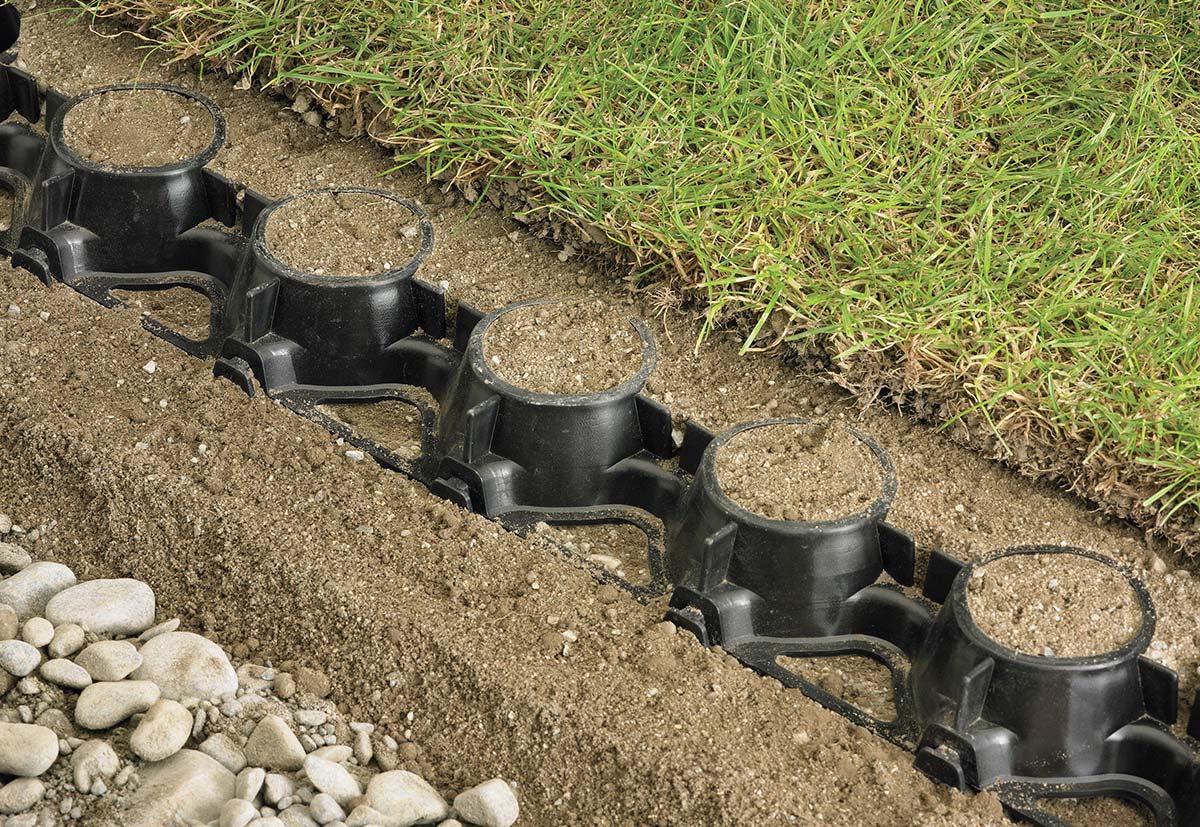
Another key issue is maintenance. Because SurePave panels prevent potholes, the hard, flat surface area lasts longer. It’s easy to add more stones, simply rake them across the surface. Should any panels ever need replacing, they can simply be lifted out and swapped, with new grass or gravel added at very little cost.
Summary
When developing or redeveloping new carparking, access or driveway areas, go beyond the traditional hard surface materials such as concrete and asphalt. Combine, or completely replace them with sustainable, permeable, natural solutions that will not only make your business more attractive to customers but will save you money in initial cost and future maintenance.
SurePave for Gravel and SurePave for Grass. The economic and ecological paving solutions.

